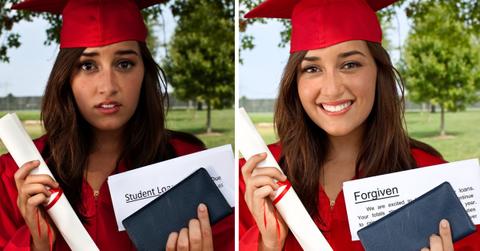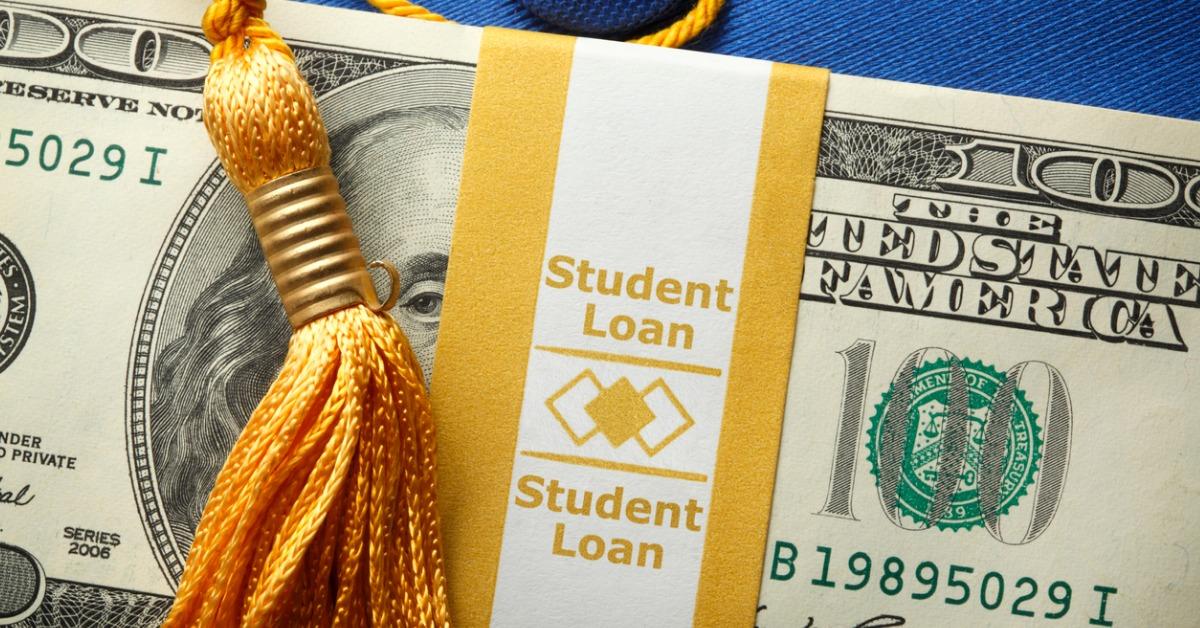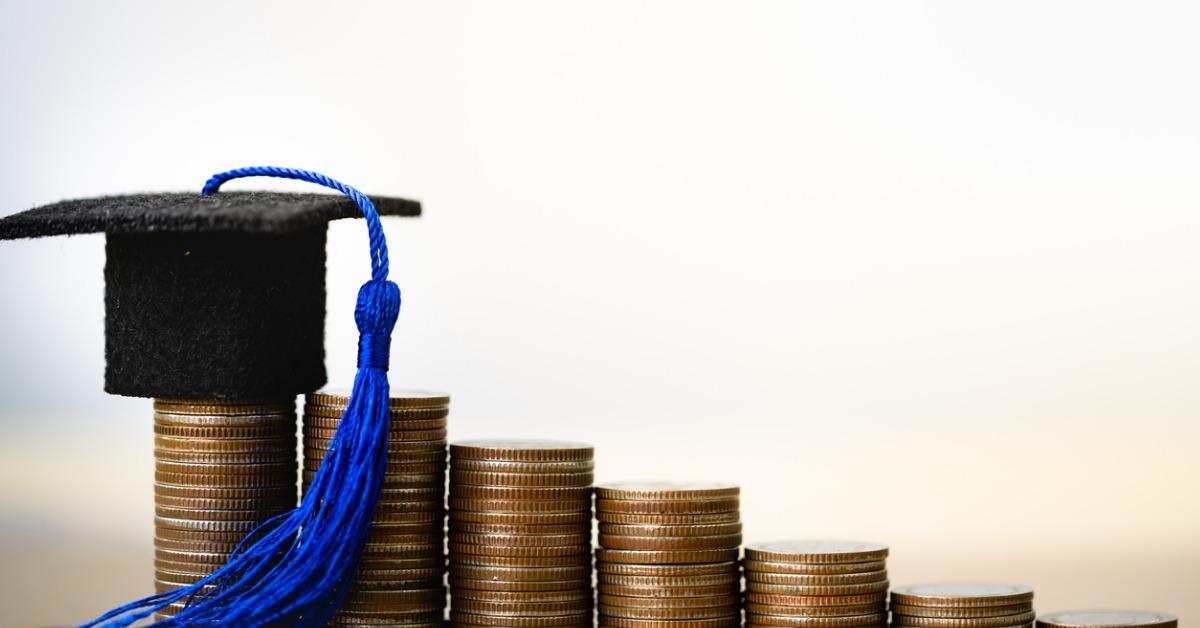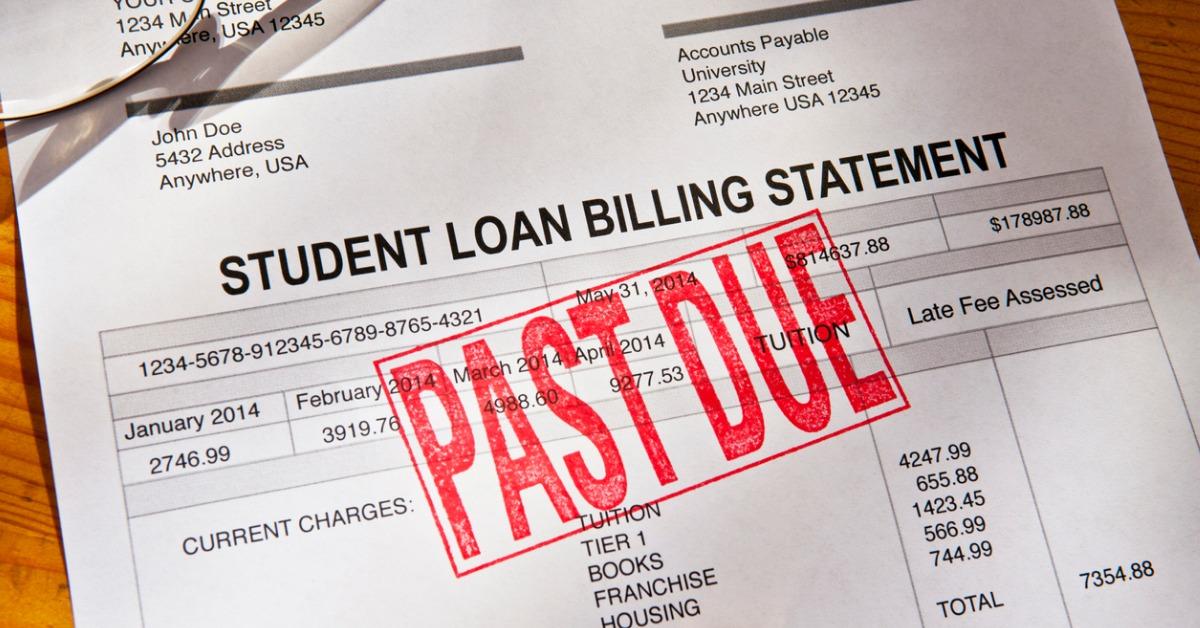How to Get Student Loan Forgiveness
Student loans are a problem for over 44 million Americans. However, there are ways to get student loans forgiven or even dismissed.
Sept. 24 2020, Updated 2:24 p.m. ET

If you are one of the 44 million Americans facing a mountain of student loans, you are probably looking for anything that might help you get out from under that debt. The good news is that you aren't alone. However, the better news is that there are options out there that could allow you to have student loans forgiven.
Student loan forgiveness, also known as loan cancelation or discharge, means that you aren't required to repay some of the loan or in rare cases the entire loan. Getting student loans dismissed starts with understanding which student loan forgiveness programs apply to you.

Who is eligible for student loan forgiveness?
Although there are a number of programs out there, not everyone is eligible for student loan forgiveness. First, not all student loans are the same. For example there are five types of federal loans including direct or Stafford loans and Perkins loans. Each of the different loan types may have its own type of loan forgiveness and certain circumstances may qualify you for a particular program
For example, if you are employed by a government or not-for-profit organization, you may be able to have your loans forgiven by the Public Service Loan Forgiveness (PSLF) program. The program only applies to direct loans and only after you’ve made 120 qualifying monthly payments while working full-time under a qualifying employer. The program is subject to other mitigating circumstances based on whether or not you are also in a qualifying repayment plan.
There's also a similar program that applies to Public Service Loan Forgiveness for Federal Family Education Loan (FFEL) program loans and Perkins loans. In order to qualify, you will need to have the loans consolidated into the direct loan program.

How do I get student loan forgiveness?
The first thing you should do is contact your loan servicer to see if you qualify for any of the loan forgiveness programs in place. If you qualify, you may only have to pay back part of the loan, although many programs allow full forgiveness of the loan.
You may even receive a refund for some or all of the payments made on the loan and some retraction for the negative effect the loans may have had on your credit report due to default. However, these programs and situations tend to be very specific. Your loan servicer can give you more information.
Can disabled veterans get student loan forgiveness?
Eligible veterans interested in loan forgiveness can complete an application for the Total and Permanent Disability discharge program. The program relieves eligible veterans from having to repay several loans including direct loans, program loans, FFEL loans, and Perkins loans.
The program has several benefits for disabled veterans. It gives veterans the ability to save potentially hundreds of thousands of dollars with one application. It's one of the programs that may return payments made on or after the effective date of the veteran's disability determination. Also, there isn't any federal tax on discharges approved from January 1, 2018, through December 31, 2025.

Do teachers get student loan forgiveness?
Full-time teachers who teach for five complete and consecutive academic years in a low-income elementary school, secondary school, or educational service agency are eligible for student loan forgiveness of up to $17,500 on their direct or FFEL program loans. Interested teachers can determine their eligibility by speaking to their union representative or their administration. Also, the answers can be found on the StudentAid website.
How to apply for student loan forgiveness in 2020
Due to the COVID-19 pandemic, many federal student loan payments have been automatically deferred until the beginning of 2021. As a result, many of the loan forgiveness programs are also on hold. You can still contact your specific loan provider to find out if you qualify for any of the current programs.

Other criteria for student loan forgiveness programs
Other programs allow for the discharge of loans due to certain situations.
- discharge due to the borrower's death
- discharge due to bankruptcy, which doesn't always apply after a borrower has declared bankruptcy
- discharge due to defense of repayment, which alleges that the school didn't do something for which the loan was intended in the first place
All three of these discharge criteria are the result of less-than-ideal circumstances. Other discharge forgiveness options exist due to different extenuating circumstances, like when the school you’re attending suddenly closes down or loses accreditation before you graduate. Many students who attended Trump University are familiar with this situation.
